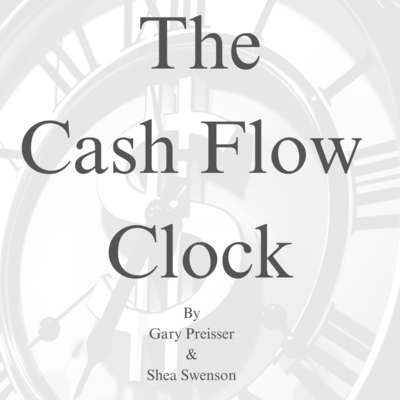The Cash Flow Clock: For Retirees - Book - Page 59

The Cash Flow Clock
Planning With the Cash Flow Clock
They say that if you want to hear God laugh, tell him your plan. Plans are
limited and imperfect and seldom work out like we expect.
The financial industry seems so worried about being laughed at for being
wrong that they do not even bother to plan, especially for those that fall
below a certain level of net worth. Instead, they collect assets and dump
them into generic portfolios based on age and overly simplified risk profiles
that can be applied to millions of investors. Their primary focus is avoiding
getting sued, so they sacrifice performance for overdiversification and hide
behind compliance. They justify their recommendations based on Modern
Portfolio Theory and the Law of Large Numbers instead of considering the
needs of individual clients. It is unacceptable and unnecessary.
No financial plan is perfect, mainly because of the unknowns that we have
no control over, but also because each decision we make involves some kind
of tradeoff. No financial product is perfect because each has pros and cons.
It is not about finding what is “right” or “wrong”. It is about finding what is
better, i.e., what is likely to be the most risk and tax efficient for the shortterm as well as the future.
The Cash Flow Clock provides a framework for financial planning that is
not only compliant but actually serves our individual needs, even as they
change. It simplifies decision making for investments while providing room
for the nuance of any real-life situation. It incorporates tax planning
strategies to increase efficiency across the portfolio. It is a foundational
resource that offers flexibility to adjust for whatever the future may hold. It
provides the peace of mind that comes from knowing that our income needs
have been accounted for and that the assets we are not currently using are
working as diligently for us as we worked for them.
They also say failing to plan is planning to fail. That should not be an option
when it comes to our finances. By understanding and utilizing the principles
of the Cash Flow Clock, it never has to be.
55